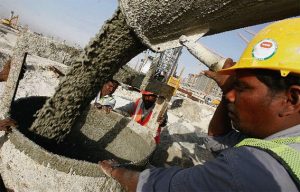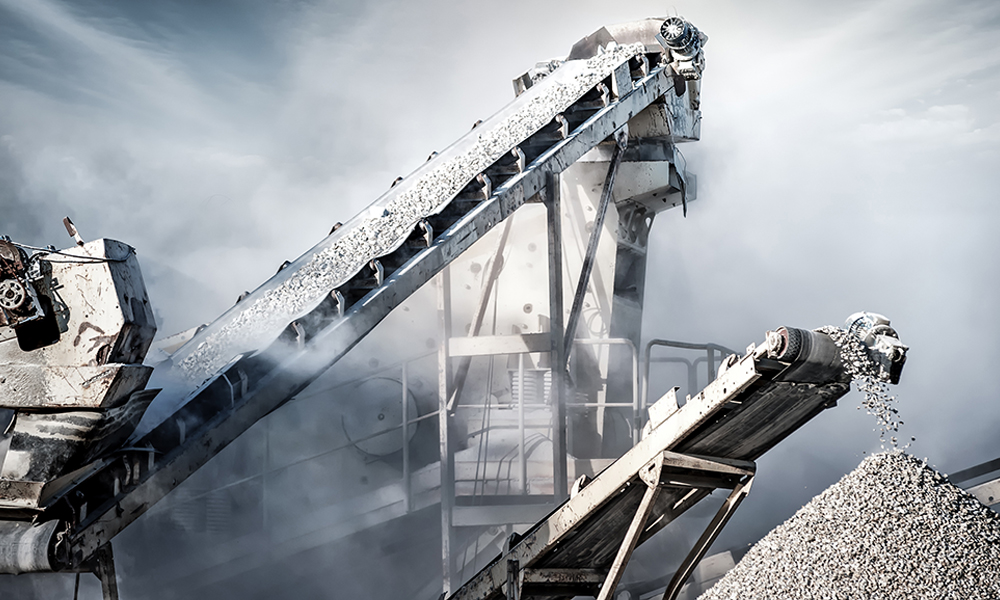2023 could be a challenging year for the cement industry according to World Cement Association (WCA) Director, Emir Adiguzel. He made the comments as part of his Outlook for 2023 presentation.
Reflecting on the past two years of high demand post pandemic, Adiguzel said that several issues including tighter monetary policies, increased sea freight rates, and high fluctuations in the cost of energy may gradually exert pressure on cement producers to establish higher cement prices.
In addition, Adiguzel stated that major multinational cement companies will continue to divest cement assets in emerging markets, creating a unique opportunity for players in such markets, including China, to enlarge their portfolios in positive growth markets by acquiring the cheapest European cement assets. He also added that mid-size European cement producers may benefit from recent de-cementation policies of global multinational cement producers to enlarge their portfolio.

In early November 2022, Partanna Bahamas and the Government of the Bahamas inked a deal to develop the “world’s first carbon-negative affordable housing development” and, in early December 2022, VTT said that its electric kiln advances environmentally friendly cement and paper production.
He commented, “While we do not expect global cement volumes to increase, we expect prices to surge to double digits in 2023, as higher energy prices will have a serious impact on cement production costs.”
The comments were made on the back of the sixth General Assembly of the WCA, which took place virtually on 12 January. The International Cement Conference on Globe Trade 2023 will seek to answer these questions when it takes place from 23rd – 24th May 2023, at the Hilton Bomonti, Istanbul, Turkey.
The conference is being jointly organised by the WCA and the World Cement Network (WCN).
In mid January 2023, the ACI established a new centre of excellence for concrete industry productivity.
